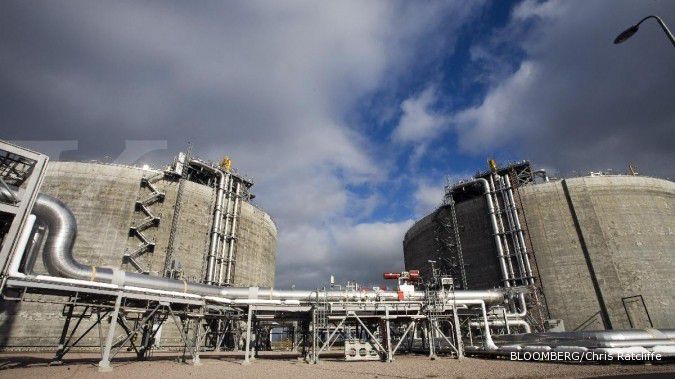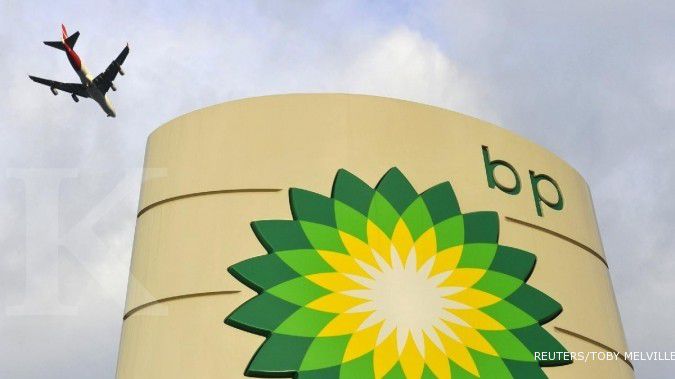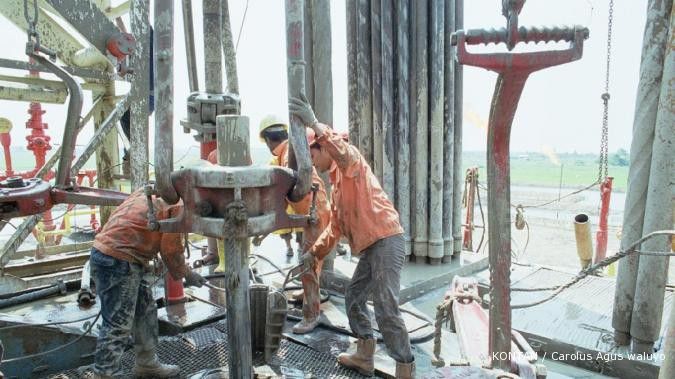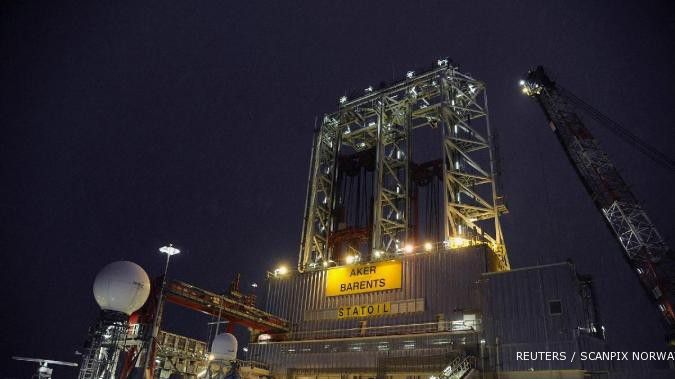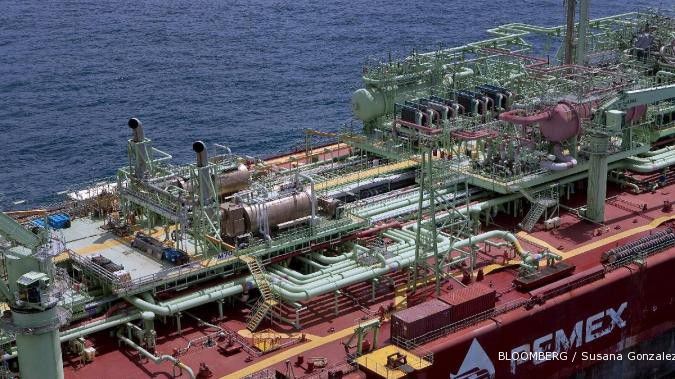Norwegian state oil and gas company Statoil was still focusing on Indonesia despite several petroleum giants relinquishing their blocks after years of unprofitable exploration, an official has said.
Statoil’s spokesman for Indonesia, Mochamad Tommy Hersyaputera, told The Jakarta Post over the weekend that it was still keen to explore the deep waters in the eastern regions of Indonesia.
“We are seeking new opportunities to tap into new deep-water projects in Indonesia. We still believe the country has new hydrocarbon reserves,” he said in a telephone interview.
Currently, the Stavanger-based energy firm holds 90 percent of participating interest and operatorship of the Halmahera-2 block, which spans waters off North Maluku and West Papua.
Tommy said the firm was planning to conduct either a 2-D or 3-D seismic survey this June to determine the prospect of profit-making hydrocarbon reserves at the Halmahera-2 block, for which Canada’s Niko Resources owns the remaining 10 percent stake.
In addition, Statoil currently owns a participating interest in several offshore oil and gas blocks in Indonesia, all of which are situated in eastern regions. The blocks include Niko-operated West Papua-4, Halmahera-Kofiau and the North Makassar Strait as well as Italy’s ENI-operated North Ganal.
Earlier this year, the firm, which is listed on both the Oslo Stock Exchange and the New York Stock Exchange, returned their Karama block in Makassar Strait, Sulawesi, to the Indonesian government following three years of dry
exploration.
Statoil previously allocated US$212 million to develop the offshore block for which they won licensing in 2007. They drilled three wells and spent $174.1 million only to conclude that the basin was “uneconomic”.
The previous loss figure was taken from data by the upstream oil and gas regulatory special task force, SKKMigas, in January.
Tommy added that the company had instead spent around $271 million for its business expansion in the Karama block.
“We realize that this is a high-risk business so we do not see it as a loss,” he said.
The 2001 Oil and Gas Law stipulates that money spent on exploration will not be reimbursed by the government under the cost-recovery scheme. This scheme applies only to contractors successfully entering the production phase.
Earlier this year, US-based ExxonMobil, US-based Marathon, US-based Hess and Netherlands-based Tately NV all decided to return their blocks in the Makassar Strait after deeming the basins uneconomic.
US-based ConocoPhillips, which owns a 60 percent participating interest and operatorship in the Kuma block in Makassar, is currently in the process of returning the block they won three years ago.
SKKMigas secretary Gde Pradnyana confirmed that ConocoPhillips, which operates the South Natuna Sea block that produced 90 million barrels of oil equivalent per day (boepd) last year, had indeed decided to relinquish its Makassar Strait block.
“I think it is normal for contractors who fail to find profit-making reserves in their respective working areas to return the blocks to the government,” he said.
Norway’s Statoil to continue exploring eastern RI
March 12, 2013, 10.39 PM
/2012/01/24/1146224482.jpg)
ILUSTRASI. Potensinya besar, Kemenperin fokus hilirisasi industri kelapa sawit
Reporter: Amal Ihsan Hadian
| Editor: Amal Ihsan
Latest News
-
February 24, 2026, 03.38 PM
Eni to Reach Final Investment Decision for Indonesia Gas Projects Next Month
-
February 24, 2026, 01.00 PM
Asia Stocks Try to Steady after Wall Street Selloff Sims Mood
-
February 23, 2026, 04.50 PM
Wall Street Futures and Dollar Slide on Trump Tariff Tumult
-
February 23, 2026, 02.17 PM
Indonesia's Government Spending Jumps 26% in January 2026
-
February 23, 2026, 01.47 PM
Indonesia's Government Spending Jumps 26% in January
-
February 21, 2026, 06.00 AM
Indonesia's Pertamina to Maintain Bidding Process for US Energy Imports
-
February 20, 2026, 01.23 PM
Indonesia Secures 19% Tariff Deal with US, Palm Oil and Other Commodities Exempt
-
February 20, 2026, 08.33 AM
Indonesia, US Sign Agreement on Reciprocal Trade, Indonesian Ministry Says
-
February 19, 2026, 08.12 AM
Indonesia, Freeport Units Sign MoU to Extend Mining Permit beyond 2041
